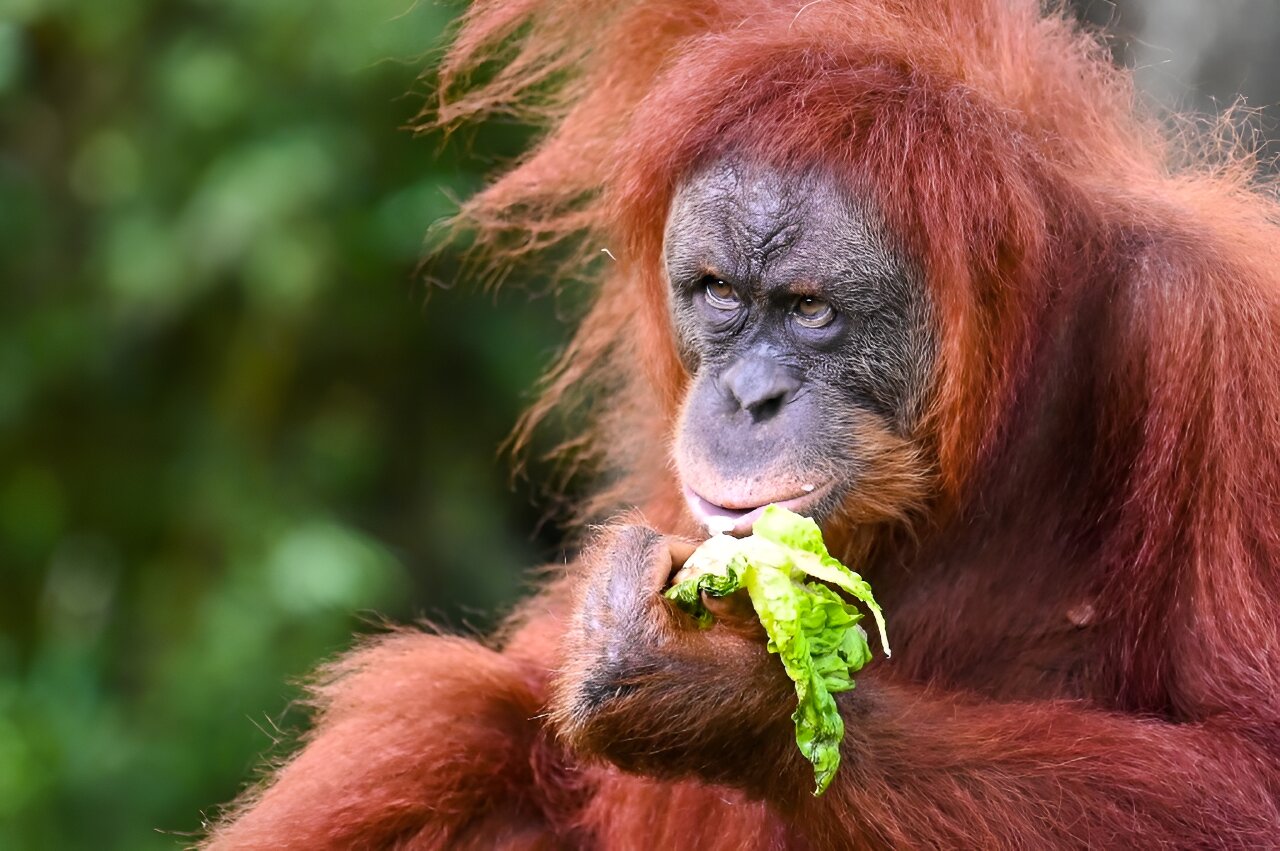Malaysia is devising a unique strategy dubbed “orangutan diplomacy” to address concerns surrounding the environmental impact of palm oil, one of its major exports. As the world’s second-largest producer of palm oil, Malaysia faces criticism for the deforestation associated with palm oil plantations.
In a move reminiscent of China’s “panda diplomacy,” Malaysia plans to gift orangutans to countries that are major buyers of its palm oil, including the EU, China, and India. This gesture aims to showcase Malaysia’s commitment to biodiversity conservation and sustainability in palm oil production.
Johari Abdul Ghani, Malaysia’s plantations and commodities minister, emphasized the need for proactive measures to address palm oil-related environmental concerns. He urged palm oil companies to collaborate with NGOs to protect forests and wildlife in Malaysia.
The Bornean orangutan, native to Malaysia and Indonesia, is critically endangered due to habitat loss caused by deforestation. While the idea of orangutan diplomacy has garnered attention, wildlife organizations advocate for prioritizing habitat preservation and conservation efforts over symbolic gestures.
Dr. Felicity Oram, a scientific adviser, emphasized the importance of habitat preservation and coexistence with wildlife as essential steps for orangutan conservation. She suggested that Malaysia could lead by example in holistic conservation management practices.
While panda diplomacy has been effective in promoting conservation, particularly in China, Malaysia aims to chart its own course in wildlife conservation. This includes efforts to preserve habitats and promote coexistence with wildlife, aligning with Malaysia’s unique environmental challenges and conservation priorities.















































